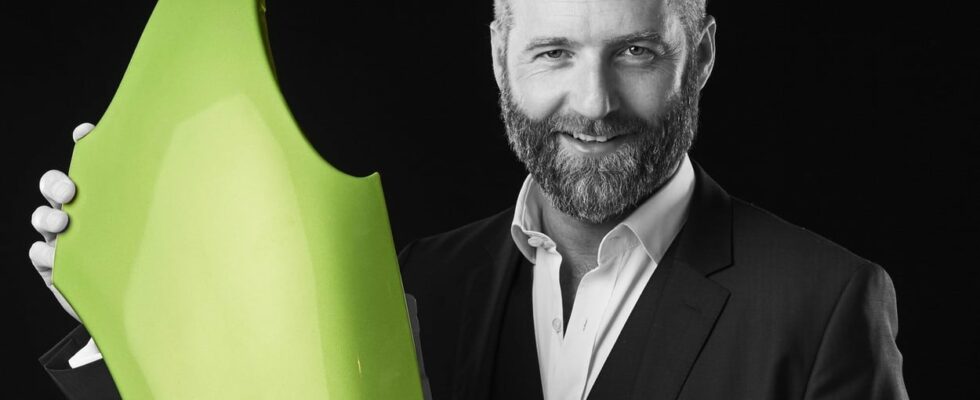With a market at half mast, after an exceptional year 2023the automotive sector sets up at Porte de Versailles in Paris (from October 15 to 20). In this gloomy context, manufacturers must meet numerous challenges: launching new models, dealing with the establishment of foreign competitors in France, responding to success of electric vehicles which cannot be denied, especially within automobile fleets, inventing alternative transport with the undeniable multiplication of cars without a license for the private market or even adapting to the explosion of brands in favor of cycle work. Automotive professionals must adapt to new modes of mobility.
This is a practice that is still not widespread and yet a source of significant savings. Repair rather than replacement with new and the use of reconditioned mechanical components help to limit inflation which does not spare the maintenance of vehicle fleets. “All excuses are good to increase prices: Covid, the war in Ukraine, manufacturing interruptions. In 2022, parts recorded an increase of 6.8% and labor by 4%. In 2023 , the increases amounted to 13% and 10% respectively,” says Franck Keller, founder of Autogriff, a bodywork specialist.
With twenty years of experience as an approved repairer, the manager was able to observe the opacity of prices and the differences between one garage and another. Not to mention the delays in obtaining an appointment. The idea of a service offering specific to corporate fleets then emerged: he created the first e-bodybuilder. Via the Autogriff application, the fleet manager uses his smartphone to create a video of the vehicles to be repaired before returning them to the rental companies. In four hours, he receives the expert report and a quote. A considerable saving in terms of time and administrative burden. The same goes for an employee who has an accident several hundred kilometers from the head office. He is then directed to one of the 1,000 bodybuilders carefully selected so that the network of the territory allows him to find one within a radius of twenty kilometers.
“We favor repairs. We thus avoid having to pay the amount imposed by the manufacturer, possible stock shortages, transport costs and delivery times. So much so that we are able to offer packages 57% cheaper , assures Franck Keller. It is better to dent a roof after hailstones than to replace it and pay 3,000 euros, or even straighten a wing for 450 euros instead of changing it for 1,500 euros.” For the artisan partner, the benefit lies in the guarantee of a volume of business and remuneration higher than that practiced by insurance companies.
Used parts are great alternatives
Repair is also part of Fatec’s leitmotif. This independent fleet manager, which ensures the maintenance of 170,000 thermal four-wheelers, bicycles or construction equipment for its customers, uses recovery and recycled elements as much as possible. “They are twice as expensive, and their carbon impact is also halved,” notes its president Théophane Courau.
A mirror purchased from a junkyard costs 75% less than one from a dealership. “As long as it is not a question of safety components, such as brake pads, second-hand parts are excellent alternatives. They are worn but still very robust. They mainly come from models aged one ten years”, specifies Théophane Courtau.
Extend the lifespan of vehicles
Another solution: exchange. When the meter shows 120,000 kilometers, replacing it with a new engine costs more than the residual value of the vehicle, while a reconditioned version at 60,000 kilometers offers a 50% reduction, has a warranty and extends the life life of the automobile. As for the standard exchange, it encourages restoration as new and represents a saving of a third.
There are now 1,600 centers specializing in the recycling of end-of-life vehicles in France. A windfall! And a boom in the circular economy that is good for the wallets of fleet managers and for their companies’ CSR reports.
.
